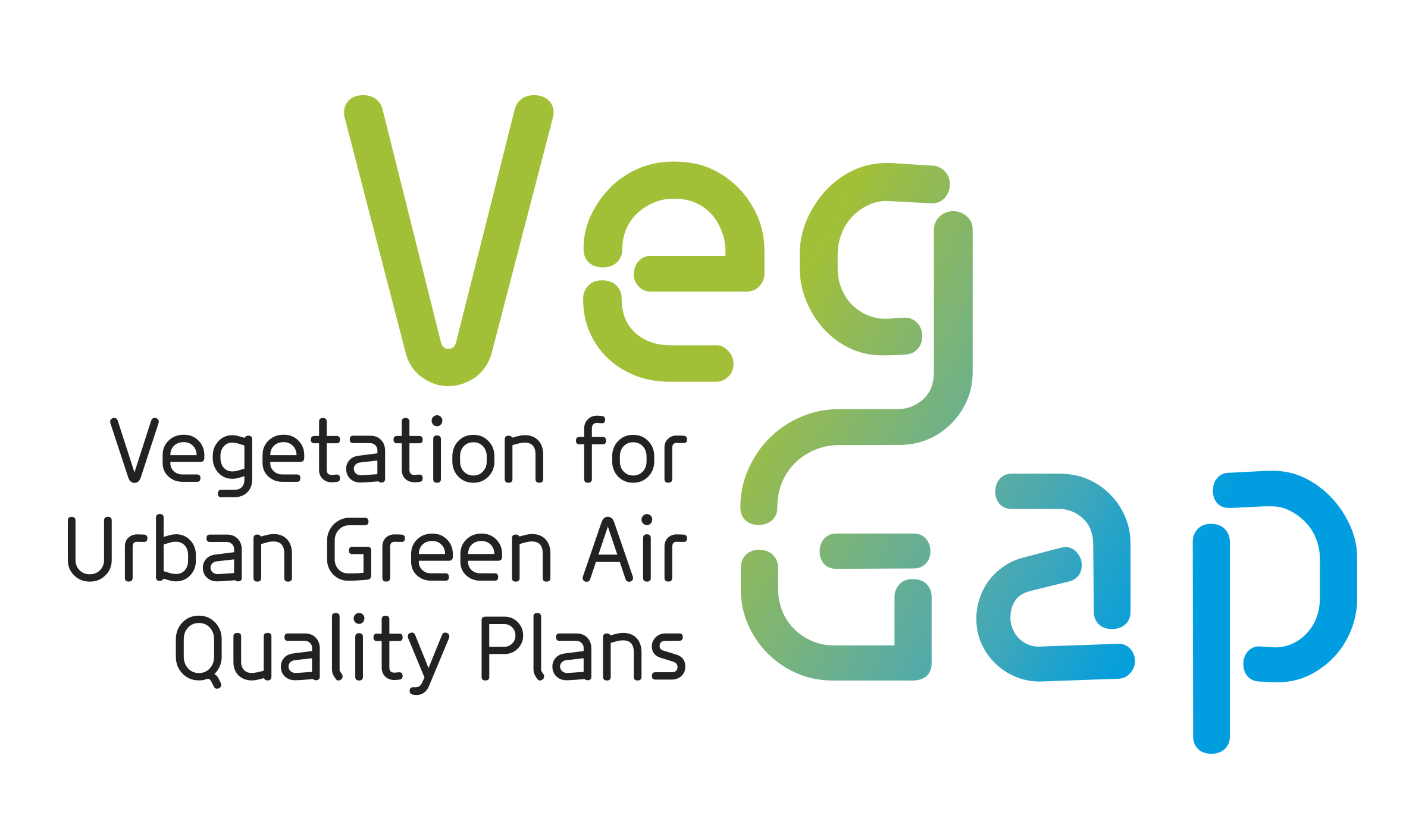The World Wildlife Day 2021,
established by UNO in 2013, was celebrated on March 3rd last and this year it
was focused on the subject: "Forests and Livelihoods: Sustaining People
and Planet".
On this occasion WWF launched
his new report “Nature Value” , realized within
the ReNature Italy campaign.
“In 50 years globally – the WWF
writes – a territory as big as 20 times the size of France has been completely
degraded (OECD 2019); in Europe, 81% of the habitats, protected by the
homonymous Directive, is in an inappropriate conservation status (EEA 2020).
And unfortunately – as WHO warns – continuing to damage biodiversity may have
negative consequences on our health, even more important of what we’re already
living. However it is still possible, at least in part, to push the button
“Rewind” and rebuild what we have lost”.
According to WWF the solution
lies in reforestation: “A widespread action of renaturation (reconstruction and
regeneration of the natural systems that we destroyed) and the sustainable
management of ecosystems - it writes –
represent not only the right direction towards a post- COVID world, but they
are also important instruments in fighting the climate crisis, able to
guarantee substantial economic benefits and to create new skills”.
Space, therefore, for
nature-based solutions: “The essential services guaranteed by ecosystems as
forests, prairies and wetland, play a central role in the mitigation of global
warming – WWF writes in an official statement for the launch of the new
report-. Recent researches shows in fact how the so called nature based
solutions – such as the restoration of natural forests, peatland, mangroves and
the recovery of aquatic and marine ecosystems – would contribute to over one
third of the necessary efforts for the mitigation of the climate change by 2030
and would reduce the total CO2 emissions of over 10 billions tonnes a year,
equivalent to the current combined emissions of US and EU”.
The environmental organization
also provides other information. “To invest in renaturation also means creating
not indifferent economic and social benefits. According to the OECD
(Organization for Economic Co-operation and Development), every year the
natural systems of the Planet provide benefits to mankind (ecosystem services) evaluable between 125 and 140 trillion dollars, one and a
half times the global gross domestic product. By rinaturing at least 350
million hectares of forest by 2030, a net economic benefit of about 170 billion
dollars a year (approx 140 billion euros) could be generated, having regard to
the protection of water basins, the increase in agricultural productivity, as
well as the benefits in terms of climate change mitigation thanks to the
requisition of more than 5 billion tonnes of CO2 a year.
The WWF ReNature Italy campaign, among the numerous actions, includes
interventions of renaturation in its 100 Oasis and in particular in a wide
stretch of the Po river. To restore the ecosystem services guaranteed by this
important basin, as the regulation of the hydrological cycle, water
purification and wastewater treatment, the erosion control, the formation of
ecological corridors, the supply of materials like sand, gravel and clay would
produce an economic value within a range from 218 up to 402 million euros, not
to mention benefits for tourist and leisure activities, the value of
biodiversity and the role of ecological corridor of the Po river.


